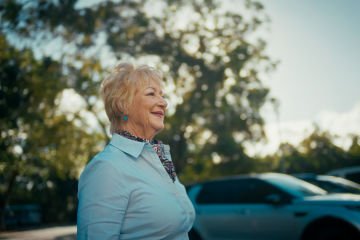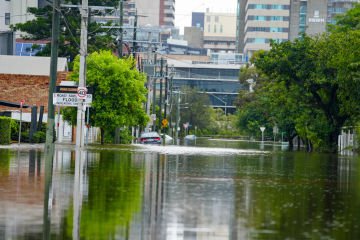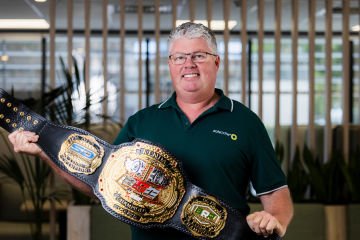Is Queensland ready for its next major natural disaster?
In collaboration with the McKell Institute, Suncorp Group hosted a panel discussion debating the steps Queensland needs to take in order to be fully ‘risk-ready’ for its next major natural disaster.
Share
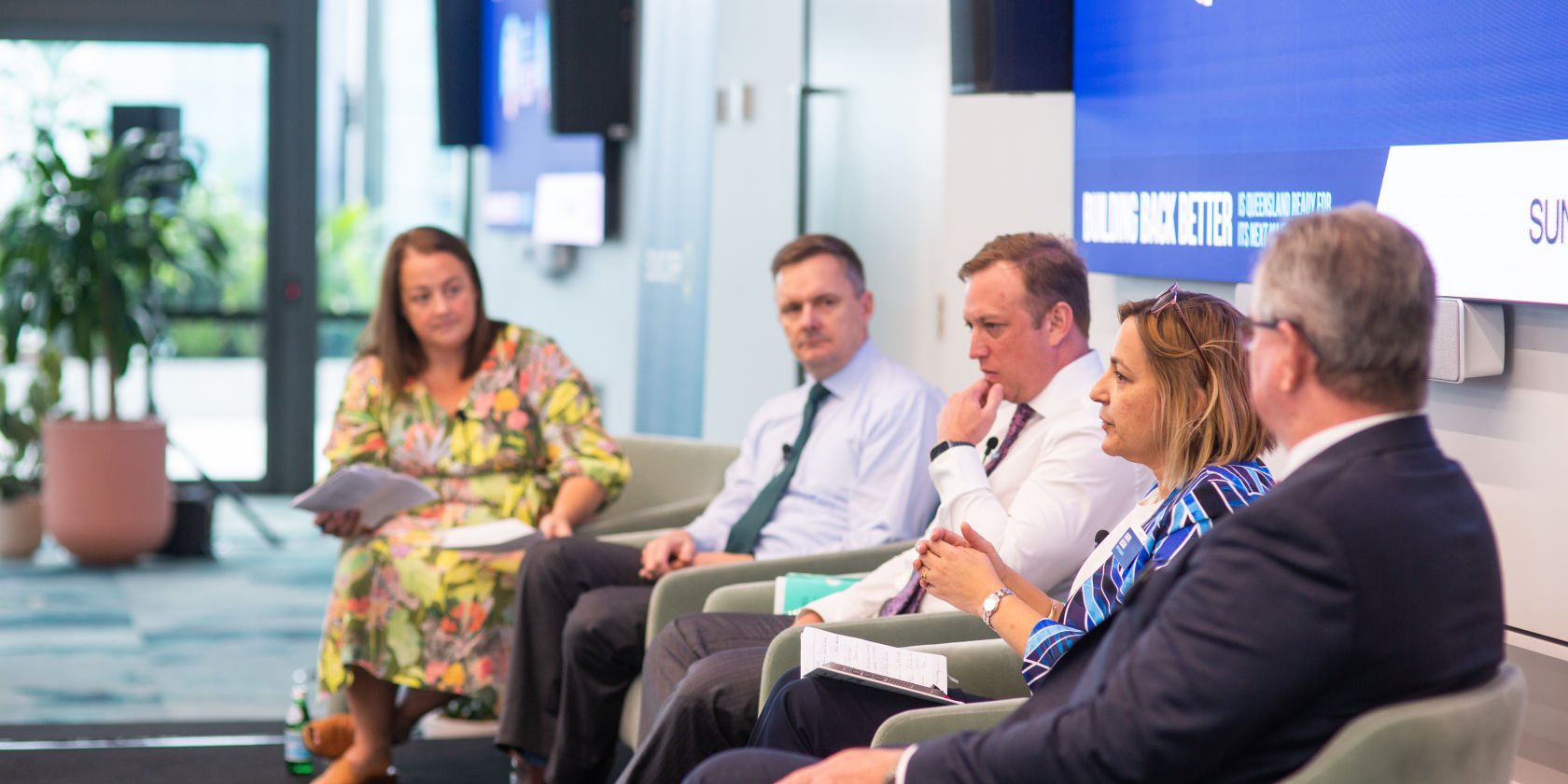
Queensland has seen it all: fires, floods, cyclones, hail and even a “rain bomb”.
The state is all-too-well versed with managing natural disasters, and despite the regular occurrence we continue to use terminology like “one in 100-year events” to describe them. The key question posed at the McKell Institute and Suncorp Group recent panel discussion addressed the validity of this term in 2023, and more broadly, how prepared Queensland is for its next major disaster.
Four leaders representing the Queensland Government, academia, local government and the insurance industry came together with Australian public policy leaders the McKell Institute that hosted the discussion.
Suncorp Group CEO Steve Johnston was joined by the Hon. Steven Miles MP, Deputy Premier for Queensland and Minister for State Development, Infrastructure, Local Government and Planning; Professor Cheryl Desha of Griffith University; and Peter Flannery, Mayor of Moreton Bay Region Council. Suncorp Group Chairman, Christine McLoughlin AM, also shared her thoughts on the topic in her opening address.
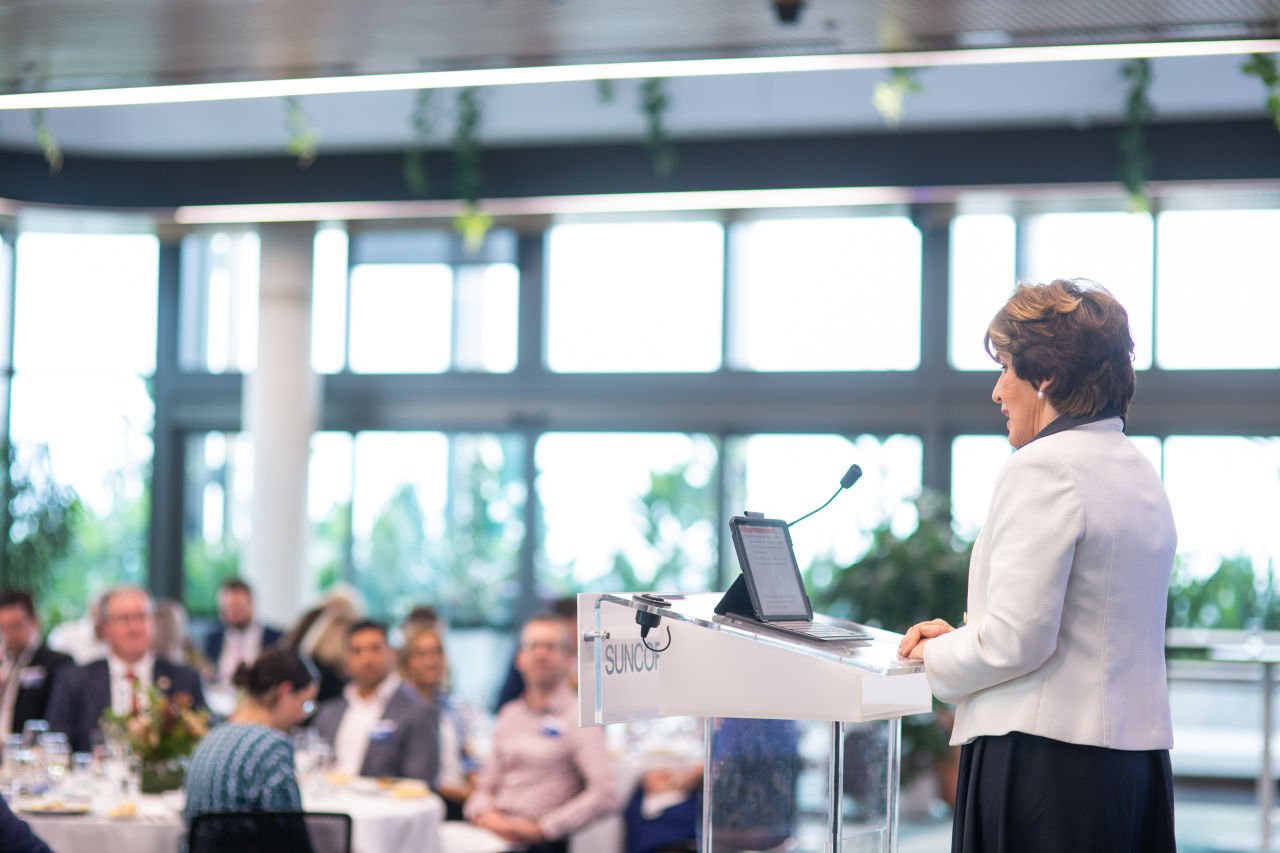
“The imperative to prepare for the next natural disaster increases with every natural disaster we encounter. They are becoming more frequent and place enormous pressure on our social, economic, environmental and policy systems,” Ms McLoughlin said.
“Preparing the state for its next natural disaster is a shared responsibility and is one that can only be solved by insurers, industry, government and academics working side by side.”
While the topics of discussion between panellists oscillated between Queensland’s future infrastructure landscape, improved research into weather patterns and sectoral collaboration, the concept of ‘building homes back better’ surfaced as the key theme of discussion.
Suncorp Group CEO, Steve Johnston said it was important for insurers to evolve their products to meet the new frequency of natural disasters, as well as supporting customers to maintain their insurance while facing the growing cost of living.
Steve Johnston, Suncorp Group CEO
We have an obligation as an insurer to help mitigate the issues residents are experiencing in high-risk areas, including higher premiums.
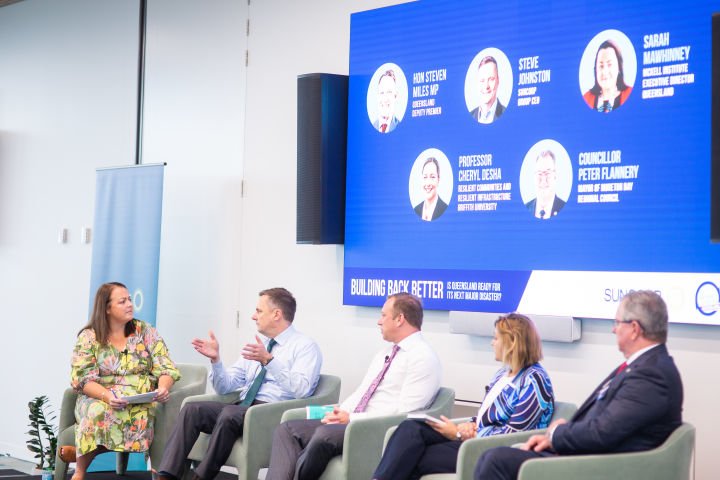
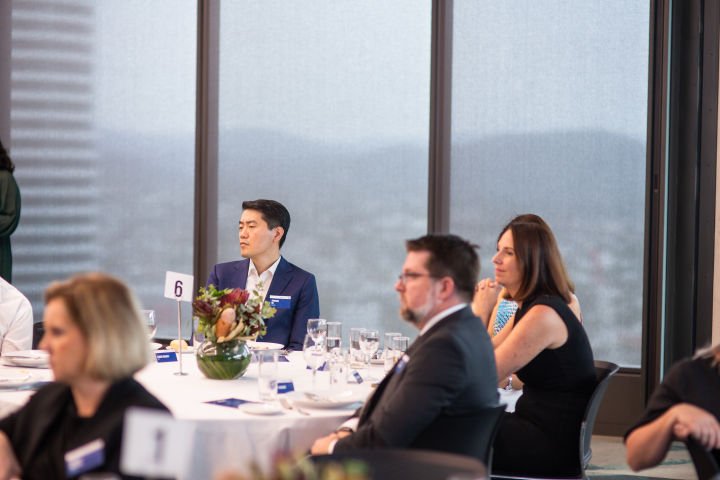
“We also need to provide our customers with product options, like resilience upgrades and retrofits that allow them to retain their coverage,” he said.
Mr Johnston also referenced the Group’s four-point plan for a more resilient Australia, which aims to alleviate the pressure on homeowners in high-risk areas.
“We’re advocating for practical ways consumers can continue to live a quality lifestyle in Queensland, while maintaining their home insurance,” Mr Johnston said.
Mr Johnston went on to say that the Queensland Government’s Resilient Homes Fund, developed on the back of the 2021-22 East Coast Floods was a welcome investment.
“We’ve now seen the dial shift on government resilience investment, with the announcement of the Queensland Government’s Resilience Homes Fund soon after the East Coast Floods of 2022,” he said.
“It’s important we’re integrating this into our approach as insurers – helping our customers understand what options they have for building back better after a significant weather event like flooding.”
The One House research campaign supported Suncorp's mission in achieving a more resilient Australia.
The Deputy Premier agreed with the importance of collaboration, reflecting on the strides the Government’s Resilience Homes Fund has taken since it was launched in August 2022.
“It’s a complex program, but it’s been successful,” Mr Miles said.
“The program recognises there’s not a “one-size-fits-all” approach; and the buy-back scheme that’s been integrated as part of this is essential to those parts of Queensland that are just too risky to build back better on.”
Suncorp developed its own Build it Back Better product feature for Suncorp Insurance customers in 2021, offering additional recommended resilience options for eligible repairs to help protect against severe weather.
The Deputy Premier agreed that while infrastructural support was imperative to helping communities get back into their homes – the Government was equally focused on its long-term investment in lowering the State’s carbon outputs.
“It’s human nature to not expect things to go wrong,” he said. “But they will.
“It’s important that we also play our role in the decarbonisation task to stop the acceleration of these events. For a state like Queensland to announce that in less than 10 years, we will largely end our alliance with coal-fired generation – that’s a huge thing for us to undertake.”
With migration to Queensland projected to increase by a further 16.12 per cent in the lead up to the 2032 Olympics*, the Deputy Premier expressed the importance of ensuring governments learning from past weather events when it comes to building, and rebuilding homes in the State.
Queensland Deputy Premier, Steven Miles MP
It’s important that we’re working with insurers like Suncorp to grasp the true risk of areas in Queensland that may be disaster-prone so we can appropriately plan and educate.
All panellists agreed that improved collaboration, preparation and alignment between the sectors was imperative to ensuring Queensland is prepared for its next natural disaster. And while there is work to do ahead to become a more resilient Australia – the state’s current achievements offer a solid framework for others just getting started.
“Queensland has set up a blueprint for other states to follow in the future,” Mr Johnston said.
“People come from all other parts of the world to consider our structures and models,” Mr Miles added.
“We should be proud of how we support one another, particularly when those disasters strike – we’re very good at it.”

